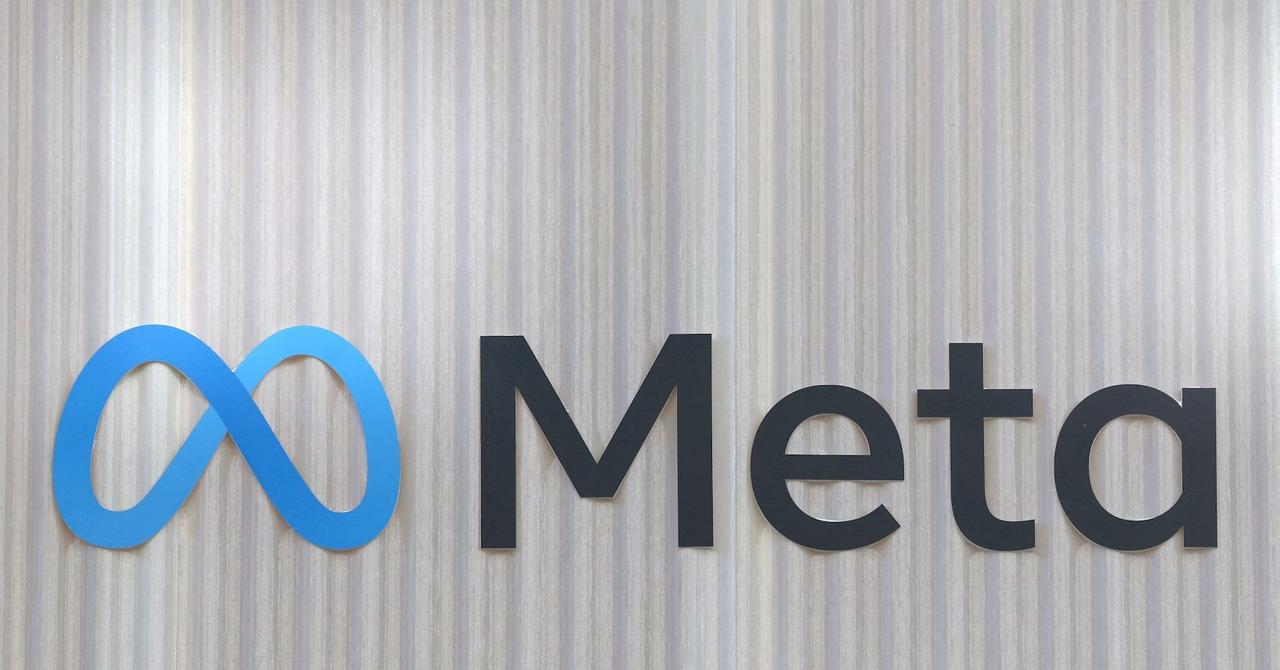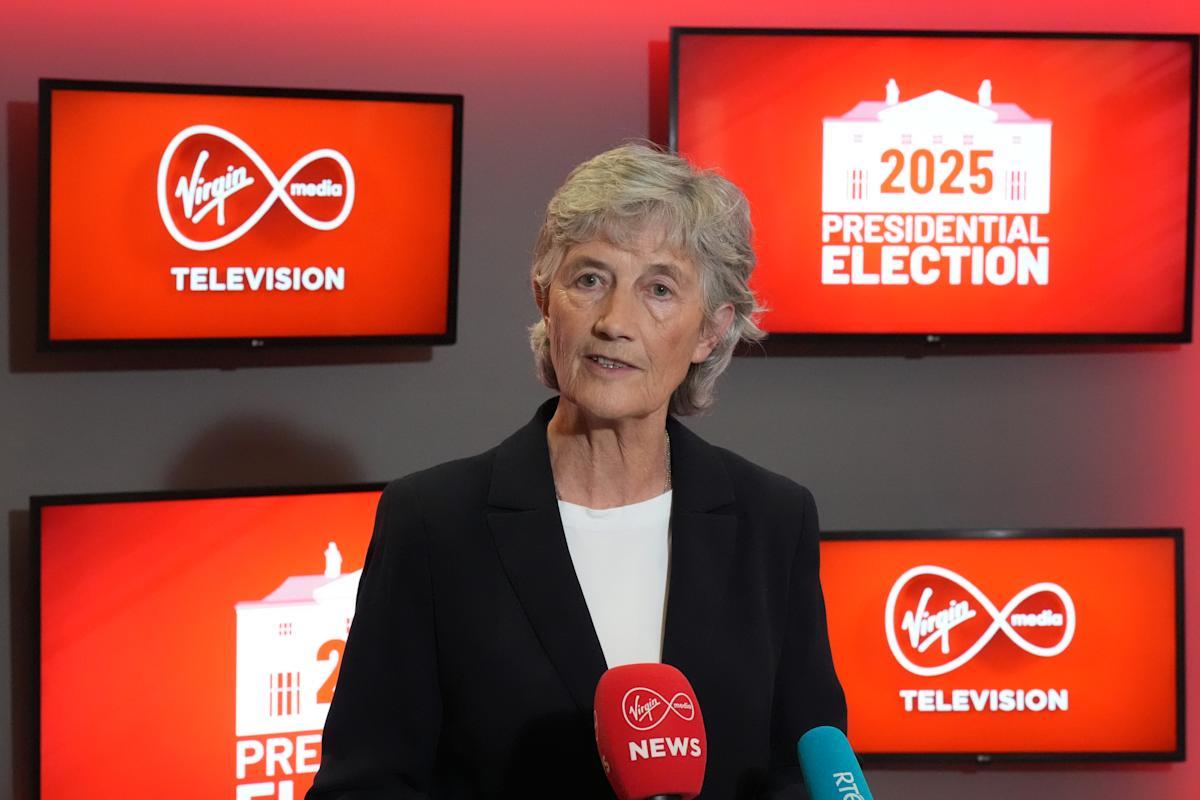Meta Implements Fact-Checking and AI Content Moderation for Australian Election
3 Sources
3 Sources
[1]
Meta vows to curtail false content, deepfakes ahead of Australia election
SYDNEY, March 18 (Reuters) - Facebook and Instagram-owner Meta Platforms (META.O), opens new tab said on Tuesday its independent fact-checking program in Australia would help detect and remove false content and deepfakes, as it aims to curb misinformation ahead of a national election due by May. In a blog post, the social media company said any content that could lead to imminent violence and physical harm, and interfere with voting would be removed, while the distribution of misleading content through its platforms would be curtailed. "When content is debunked by fact-checkers, we attach warning labels to the content and reduce its distribution in Feed and Explore so it is less likely to be seen," said Cheryl Seeto, Meta's Head of Policy in Australia. News agencies Agence France-Presse and the Australian Associated Press will review the content for Meta, Seeto said. Meta scrapped its U.S. fact-checking programs in January and reduced curbs on discussions around contentious topics such as immigration and gender identity, bowing to pressure from conservatives to implement the biggest overhaul of its approach to managing political content on its services. Besides fake content, social media companies are also fighting to contain deepfakes - hyper-realistic videos, photographs or audio generated through AI algorithms that are presented as real. Meta said any deepfake content that violates its policies would be removed, or rated "altered" and then ranked down in its feed to limit its distribution. Users will also be prompted to disclose when they post or share AI-generated content. "For content that doesn't violate our policies, we still believe it's important for people to know when photorealistic content they're seeing has been created using AI," Seeto said. Opinion polls show a close-run election in Australia with the opposition Liberal-National coalition ahead of the ruling centre-left Labor party by a narrow margin. Meta's approach in Australia is consistent with its efforts to prevent misinformation during the recent elections in India, Britain and the United States, Seeto said. Meta is facing multiple regulatory headwinds in Australia with the government planning to impose a levy on big tech firms to compensate for advertising revenue they generate from sharing local news content. Meta and other social media firms must also enforce a ban for users under 16 by the end of this year with the companies consulting the government on how they should roll the restrictions. Reporting by Renju Jose and Byron Kaye in Sydney; Editing by Saad Sayeed Our Standards: The Thomson Reuters Trust Principles., opens new tab Suggested Topics:Artificial Intelligence
[2]
Australia news live: Meta to keep factcheckers for election; Greens offer help for home electrification
Factcheckers will be in operation on posts on Facebook and Instagram during the Australian federal election this year, with the move to ditch factcheckers limited to the US for now. In a blog post on Tuesday night, Meta's head of policy in Australia, Cheryl Seeto, said Agence France-Presse and the Australian Associated Press would continue to independently review content during the federal election campaign. Where content is debunked, a warning label will be attached to the posts and its distribution will be limited. However, this will not apply to content posted by politicians - except if they're sharing a post that has been already factchecked. AAP will also work with Meta on a new media literacy campaign to help Australians "critically assess the content they view online". The company said it would remove the "most serious kinds" of misinformation, including threats of violence or physical harm, or those that attempt to interfere with voting. Meta will also apply labels to AI-generated content where it is determined to be AI-generated, and AI content is also eligible for factchecking. The revision of Meta's hateful conduct policy now applies globally, however, meaning political advertising that previously wouldn't have been allowed on Meta's platform may now be allowed. The company would not speak on hypotheticals, but it is understood the controversial Clive Palmer ads in newspapers last week would have been allowed.
[3]
Meta Vows To Curb False Content Ahead Of Australia Election
Disclaimer: This content generated by AI & may have errors or hallucinations. Edit before use. Read our Terms of use As per a report by Reuters, social media giant Meta said that its independent fact-checking programme in Australia would help in curbing misinformation ahead of the country's national elections expected by May. The initiative, which will see news agencies Agence France-Presse and the Australian Associated Press reviewing content, seeks to tackle misleading posts and deepfake technology. Meta's policy involves flagging false content with warning labels and limiting its visibility in user feeds. According to Cheryl Seeto, Meta's Head of Policy in Australia, "When content is debunked by fact-checkers, we attach warning labels to the content and reduce its distribution in Feed and Explore so it is less likely to be seen." The company has also stated that any content deemed to incite violence or interfere with voting will be removed entirely. Meta's past inconsistencies in content moderation, especially after it recently scrapped fact-checking programs in the United States, raise concerns about how effectively the policy will be enforced in Australia. Its decision to loosen restrictions on contentious topics such as immigration and gender identity in the US, was widely seen as a response to political pressure from conservatives. The increasing threat of deepfakes - AI-generated images, videos, or audio designed to mimic real individuals - has added complexity to content moderation. Meta has said it will remove AI-generated content that violates its policies or label it as 'altered' media. Users will also be notified to disclose when they post content that has been generated with AI. "For content that doesn't violate our policies, we still believe it's important for people to know when photorealistic content they're seeing has been created using AI," Seeto added. Meta's content moderation policies could have a significant impact on the upcoming Australian elections, particularly in a tight political contest where misinformation could influence voter behaviour. Opinion polls indicate a close race between the ruling centre-left Labor party and the opposition Liberal-National coalition, making the role of social media in shaping the electoral narrative even more crucial. Beyond elections, Meta's regulatory challenges in Australia are mounting. The government has proposed a levy on big tech firms to compensate Australian media companies for their content hosted on social media platforms. Additionally, the company, along with other social media firms, must comply with a new law banning Australian social media users under 16 years of age. These developments highlight the growing scrutiny that digital platforms face as governments worldwide seek to enforce stricter accountability measures. As Meta implements its Australian fact-checking programme, the real test will be whether it can maintain a consistent, transparent, and politically neutral approach - something it has struggled with in other countries. With the elections approaching in Australia, both policymakers and the public will be watching closely to see how effectively the platform curbs misinformation while upholding free speech.
Share
Share
Copy Link
Meta announces measures to combat misinformation and regulate AI-generated content ahead of Australia's upcoming federal election, including fact-checking partnerships and content moderation policies.

Meta's Fact-Checking Initiative for Australian Election
Meta Platforms, the parent company of Facebook and Instagram, has announced a comprehensive strategy to combat misinformation and regulate AI-generated content ahead of Australia's upcoming federal election. The social media giant is implementing an independent fact-checking program to detect and remove false content and deepfakes, aiming to curb the spread of misinformation that could potentially influence voter behavior
1
.Fact-Checking Partnerships and Content Moderation
Meta has partnered with news agencies Agence France-Presse (AFP) and the Australian Associated Press (AAP) to review content on its platforms. Cheryl Seeto, Meta's Head of Policy in Australia, stated, "When content is debunked by fact-checkers, we attach warning labels to the content and reduce its distribution in Feed and Explore so it is less likely to be seen"
1
. This approach aims to limit the visibility of misleading information while maintaining transparency.AI-Generated Content and Deepfakes
Recognizing the growing threat of deepfakes and AI-generated content, Meta has outlined specific measures to address this issue. The company will remove any deepfake content that violates its policies or label it as "altered" media. Users will also be prompted to disclose when they post or share AI-generated content
2
.Policy Enforcement and Limitations
Meta's approach in Australia contrasts with its recent decision to scrap fact-checking programs in the United States. The company has stated that any content that could lead to imminent violence, physical harm, or interfere with voting will be removed
3
. However, it's worth noting that these fact-checking measures will not apply to content posted by politicians, except when they share posts that have already been fact-checked.Related Stories
Media Literacy Campaign
In addition to content moderation, Meta is collaborating with AAP on a new media literacy campaign. This initiative aims to help Australians "critically assess the content they view online," empowering users to make informed decisions about the information they encounter on social media platforms
2
.Regulatory Challenges and Future Implications
Meta's efforts in Australia come amid increasing regulatory scrutiny. The Australian government is planning to impose a levy on big tech firms to compensate for advertising revenue generated from sharing local news content. Additionally, Meta and other social media companies must enforce a ban on users under 16 by the end of the year
1
.As the election approaches, the effectiveness of Meta's fact-checking program and content moderation policies will be closely watched by policymakers and the public alike. The company's ability to maintain a consistent, transparent, and politically neutral approach will be crucial in shaping the role of social media in electoral discourse and potentially influencing future regulatory decisions in Australia and beyond.
References
Summarized by
Navi
[2]
Related Stories
Meta Reports AI-Generated Content Constituted Less Than 1% of Election Misinformation on Its Platforms
03 Dec 2024•Technology

Meta Mandates Disclosure of AI Use in Political Ads for Canadian Elections
21 Mar 2025•Policy and Regulation

AI Deepfake Video Disrupts Irish Presidential Election on Meta's Platform
23 Oct 2025•Technology

Recent Highlights
1
Pentagon threatens to cut Anthropic's $200M contract over AI safety restrictions in military ops
Policy and Regulation

2
ByteDance's Seedance 2.0 AI video generator triggers copyright infringement battle with Hollywood
Policy and Regulation

3
OpenAI closes in on $100 billion funding round with $850 billion valuation as spending plans shift
Business and Economy





